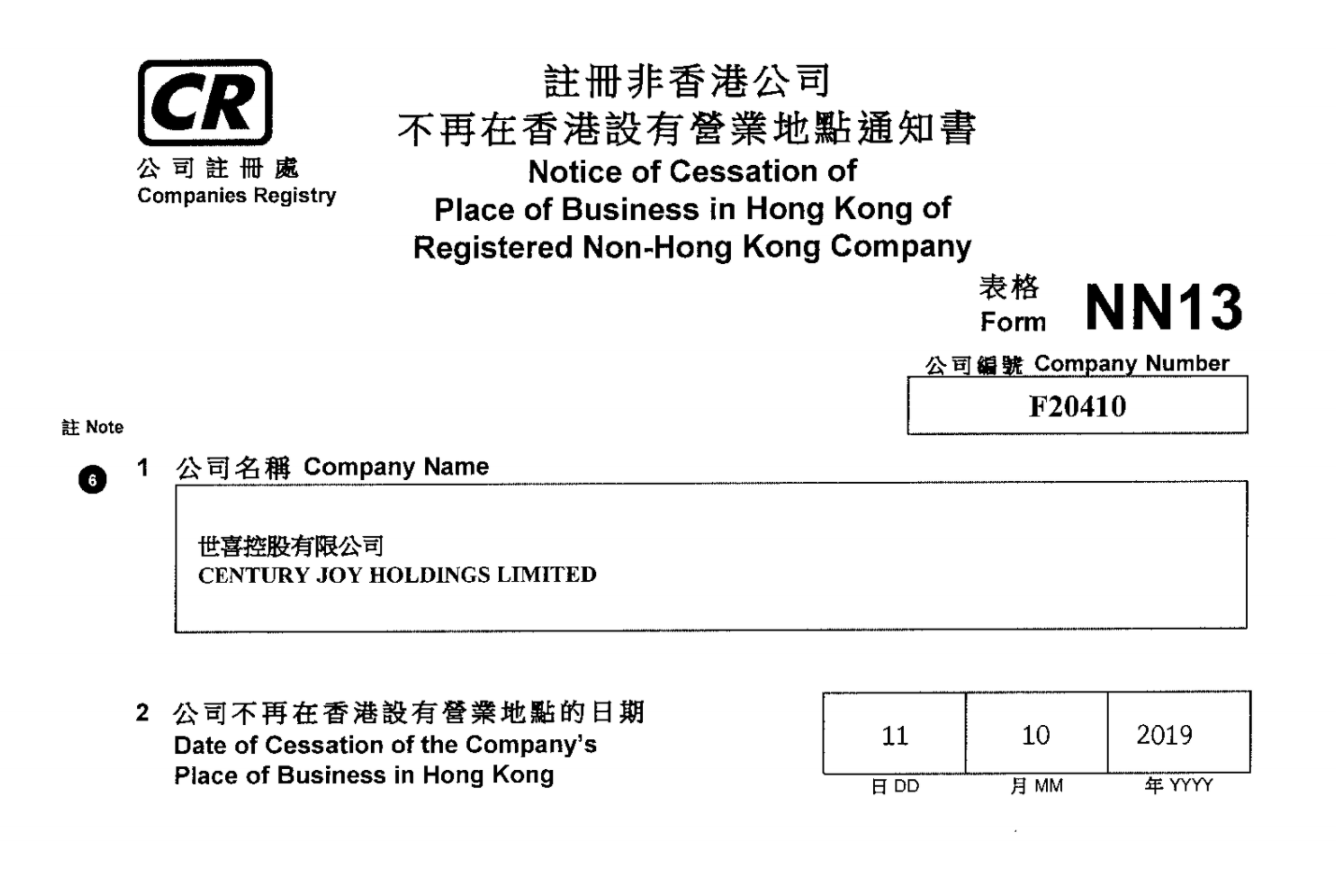Explore the Benefits and Applications of Smart Contracts in Real Estate

web3 real estate solutions
When certain conditions are met, the code of a smart contract stored on the blockchain is activated. In most cases, they are used to eliminate the need for a third party or delay in the execution of a contract by automating the agreement’s execution.
The use of smart contracts in the real estate industry is still in its infancy. The good news is that the number of businesses willing to take a chance on it and succeed is rising. In this editorial, we’ve attempted to compile the most persuasive cases for the widespread adoption of smart contracts in this sector, as well as some of the most eye-opening success stories demonstrating that the benefits of technological progress are not limited to the ultra-wealthy.
Understanding How Smart Contracts Work
Smart contracts are computer programs that carry out predetermined actions based on a series of “if” and “when” statements stored in a distributed ledger. After determining that certain conditions have been met, the actions are carried out by a network of computers. These measures may involve releasing funds to the correct individuals, registering a vehicle, sending out alerts, or issuing a citation. When a transaction is finalized, it triggers a blockchain update. That means no one but those with access can alter the transaction, and only those with access can see the final results.
In a smart contract, the terms can be as detailed as necessary to ensure all parties involved are happy with the outcome of the agreement. Participants must agree on the “if/when…then…” rules that govern transactions on the blockchain investigate all possible exceptions, and define a framework for resolving disputes to establish the terms.
A developer can then write the code for the smart contract, though more and more businesses are making it easier to structure smart contracts by providing templates, web interfaces, and other online tools.
Smart Contracts Benefits on Real Estate
There is no doubt that smart contracts will revolutionize the property industry. We outline the main advantages of this ground-breaking technology.
1) Remove Intermediaries
Real estate transaction fees can be lowered through the use of smart contracts. Through the use of blockchain technology and automated contracting protocols, a large number of intermediaries are rendered unnecessary. By writing a small piece of code, this innovation can automate the document verification or mortgage approval process, shortening the time and effort required to purchase a home.
Therefore, the real estate market stands to gain from blockchain technology. The mortgage process, for instance, can go more quickly with the help of a smart mortgage contract. There won’t be any need for incessant ping-ponging between different groups. Instead, once you’ve submitted the necessary paperwork and met the other requirements, the smart mortgage contract code will automatically approve your loan.
2) Reduces costs
When centralized institutions and unnecessary intermediary efforts are taken out of the real estate transaction, the service can be provided at a lower price.
The use of this technology has the potential to drastically cut down on the costs of middlemen. McKinsey estimates that blockchain could save businesses at least $50 billion annually in B2B transactions.
3) Increased transparency
With a smart contract, all terms of the agreement must be predetermined. The deal is then fulfilled as each party performs its obligations.
Once a smart contract is implemented, no one can change it or manipulate it because it is stored permanently on a distributed ledger called the blockchain. There is no room for manipulation, so the results are reliable and clear.
4) Better security
Since only authorized parties can view data stored in a blockchain, it provides an extremely high level of privacy and security. Data is encrypted using cryptographic mechanisms, making it nearly impossible to hack.
5) Improved accessibility
The high cost of property makes it unaffordable for most people. Yet, with Blockchain technology, people now have more alternatives to consider. Smart contracts and tokens make it possible to purchase a fractional interest in a property along with the associated rights. Tokens will be liquid assets whose availability is determined by the terms of the smart contract.
6) Increased Liquidity
Barriers to entry, complicated outreach, lengthy transactions, etc., are just some of the reasons why the real estate market is notoriously illiquid.
By using a smart contract, you can increase the marketability of your real estate holdings. The property will be available to people all over the world, and transactions will go through quickly because of fractional ownership, which also facilitates the trading mechanism.
Also learn in detail about other blockchain topics including web3 real estate solutions, real estate transactions using blockchain, and many more.
Smart Contracts Uses
Smart contracts have many potential applications in industries as diverse as healthcare, supply chain management, and the financial sector.
The following are a few illustrations:
1) Healthcare
Patients’ encoded medical records can be stored in the blockchain with a private key. For reasons of confidentiality, only selected individuals would be given access to the files. Smart contracts allow for secure and personal research in the same way.
2) Supply chain
In the past, paper-based systems have caused delays in supply chains because forms had to be sent through several people before being signed off on. Concealment and waste are heightened by the cumbersome procedure.
Blockchain technology can eliminate such dangers by providing each participant in the chain with their own copy of a transparent and trustworthy digital ledger. Inventory management, payment processing, and other administrative tasks can all benefit from the use of smart contracts.
3) Financial services
There are many ways in which smart contracts contribute to revolutionizing conventional banking and finance. When it comes to insurance claims, they handle the necessary error checking, and routing, and, if everything checks out, they send the money directly to the policyholder.
Conclusion
To my mind, smart contracts are the most fascinating application of blockchain technology thus far. I’ll be honest and say that I’m growing weary of hearing “bitcoin investors” claim that bitcoin will destroy the banking industry.
Smart contract applications, as a whole, will undeniably revolutionize how we live, and they will be around long after bitcoin has been forgotten.
Banks and other centralized organizations may soon find themselves powerless against blockchain-enabled smart contracts. As a happy side effect, they might also help make the world more democratic.





